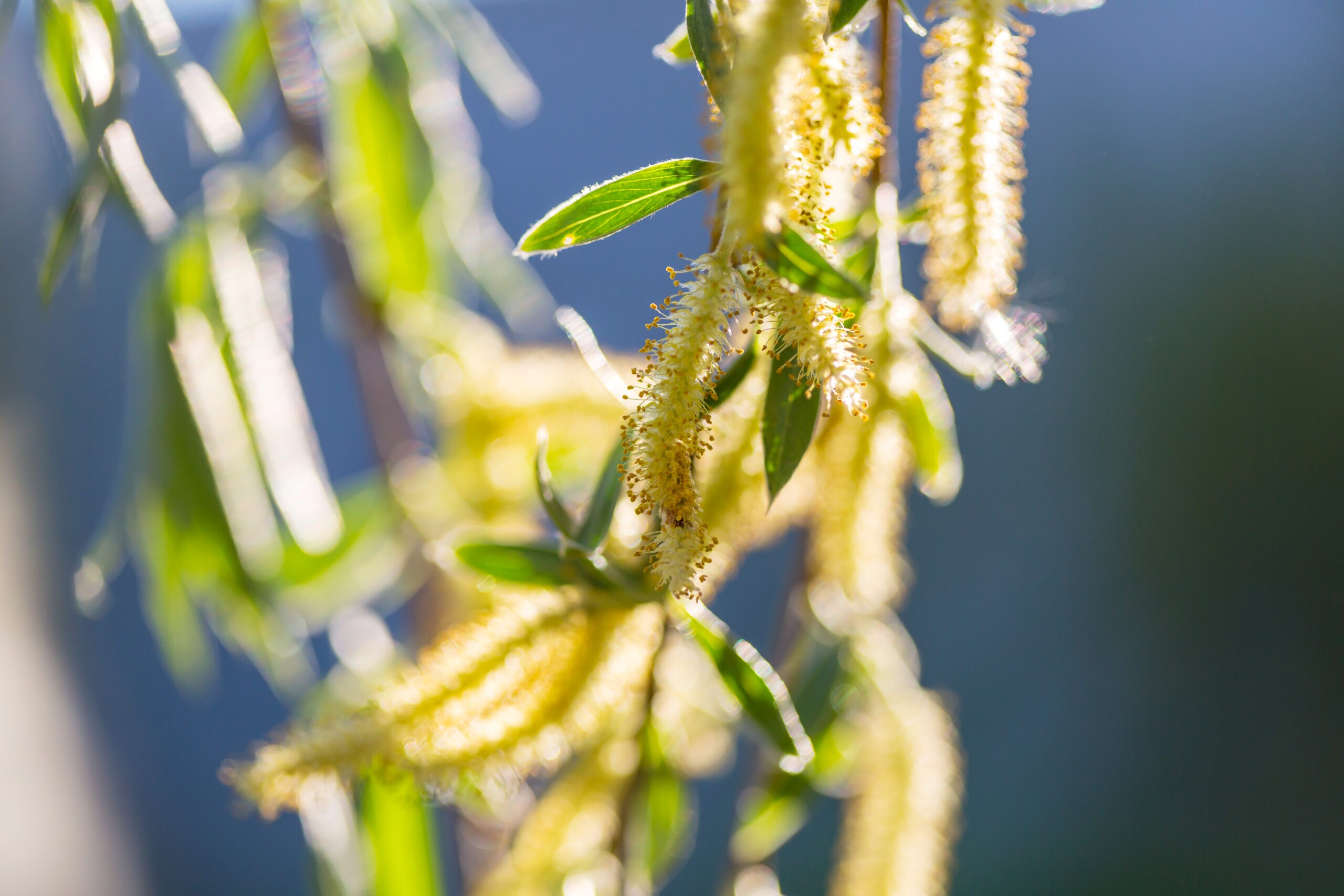1 in 5 Irish people have hay fever (allergic rhinitis), a condition that causes inflammation of the nasal passages in response to otherwise harmless substances such as pollen, house dust mites or pet fur.
Hay fever can occur all year round or, for some people, only during the summer when certain types of pollen begin to circulate.
This can be a major problem for people with asthma, as the symptoms of hay fever (or the substances which trigger it) can also cause a flare-up of asthma symptoms.
More than 80% of people with asthma also experience hay fever, making it a common comorbidity. Hay fever acts as a risk factor for the development of asthma, with approximately 10-40% of hay fever patients eventually developing asthma. Conversely, patients with persistent asthma should also be evaluated for allergic rhinitis.
Hay fever symptoms
Typical symptoms of seasonal hay fever and perennial allergic rhinitis include but are not limited to:
- Sneezing, as well as an itchy, blocked, or runny nose.
- Red, itchy, or watery eyes.
- An itchy throat, inner ear, or mouth.
- A post-nasal drip.
- A diminished sense of taste and smell.
- Headaches, reduced concentration and general feeling unwell.
A combination of medical and lifestyle advice can help people manage hay fever symptoms. Appropriate medications can be accessed through your pharmacist or GP.
Tips for managing hay fever
- Keep doors and windows closed when the pollen count is high.
- Avoid exercising outside when the pollen count is high and wear a cycle mask when cycling.
- Shower, wash your hair and change your clothes if you have been outdoors for an extended period.
- Wear wraparound sunglasses to prevent pollen from getting in your eyes and splash your eyes with cold water to flush out pollen and soothe them.
- Avoid drying clothes outdoors because pollen spores may cling to them.
- Try to stay away from grassy areas and avoid mowing the lawn, as clouds of pollen can be created. Consider creating an allergy-friendly garden.
- Minimise contact with pets that have been outside, as pollen can linger on their fur.
- Keep your car windows closed when driving. Some cars can be fitted with a pollen filter.
- Apply a barrier gel/spray to the nostrils to prevent pollen from settling in the nose.
- Discuss the use of treatments for hay fever with your pharmacist or GP.
- For those with asthma, make sure you have a personalised Asthma Action Plan.
Download our top tips infographic here.

